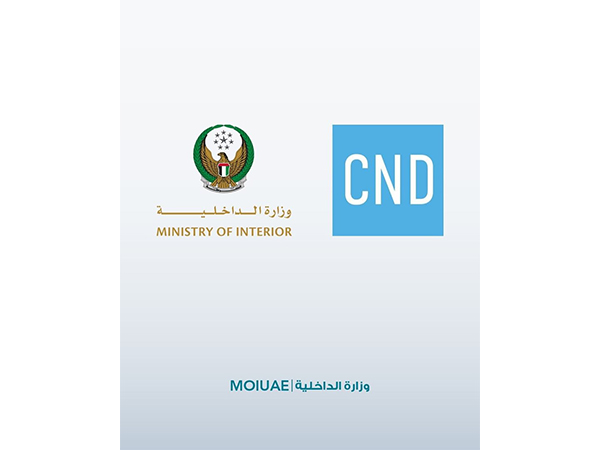Pioneering the path to enlightenment: The tale of northeast India's Buddhist nuns
Jul 27, 2023

New Delhi [India], July 27 : Imbued with a history as ancient and resonant as the murmurings of the Buddha himself, northeast India has cradled the illustrious tendrils of Buddhism for centuries.
The heart of this region has pulsed with a Buddhist rhythm, infusing its culture, moulding its religious ethos, and breathing life into its philosophical undertones.
However, there has long been a dissonant note in this symphony due to the overbearing patriarchy in the religious institutions.
But today, there is an insuppressible sound rising from the depths of this silence, a chorus led by the Buddhist nuns who are challenging the unyielding terrain of gender bias.
Like ardent sculptors, they are chiselling out fresh spaces for themselves within the aged tradition, standing up to patriarchal dominion, and breathing life into the dharma—the Buddha's teachings delineating the path to liberation.
Lord Buddha insisted that females, like men, possess the potential for enlightenment. He defied opposition to establish the first Buddhist nuns, declaring, “I will not take final Nirvana until I have nuns and female disciples who are accomplished… until I have laywomen followers… who will… teach the Dhamma.”
Emerging as the vanguard of this progressive movement, the Jangchub Choling Institute, also cloaked under the moniker Gyangong Ani Gompa, stands as a beacon of enlightenment in the quaint town of Tawang in Arunachal Pradesh.
With roots reaching back to 1993, the nunnery has evolved into an epicentre for Buddhist learning and praxis, pulling in women from across Northeast India and afar.
Today, it serves as a spiritual nest for over 200 nuns, marking it as a significant powerhouse of its kind in the region.
The annals of the nunnery whisper an enchanting tale. Merak Lama Lodroe Gyatso, a man of the cloth, built a sanctuary for his nun sister who was denied a dwelling in the Tawang monastery.
Over time, the humble meditation retreat burgeoned into a full-fledged nunnery—the present Jangchub Choling or Gyangong Ani Gompa.
The nuns at Jangchub Choling are far from passive scholars of the dharma. They serve as radiant channels of Buddha's teachings, reaching out to schools, hospitals, orphanages, and breaking religious barriers to foster understanding and unity.
Notwithstanding hardships, the nuns held fast to their faith and resilience. They formed their own governing body, laid out a unique curriculum encompassing English, computer skills, social work, alongside traditional Buddhist studies, and stepped into leadership roles within the nunnery.
Their firm conviction has proved that women can equal men in commitment, knowledge, and capability when it comes to practising dharma.
Echoing the progressive chants of Jangchub Choling's nuns, Buddhist nuns across Northeast India are creating tremors of change, demonstrating through their lives of mindfulness, compassion, and wisdom that spirituality knows no gender.
The audacious nuns, through their steadfast dedication to dharma and their ceaseless activism, are reshaping the Buddhist landscape, etching their own niche within the tradition, and giving testament to the transformative power of spiritual practice.


















